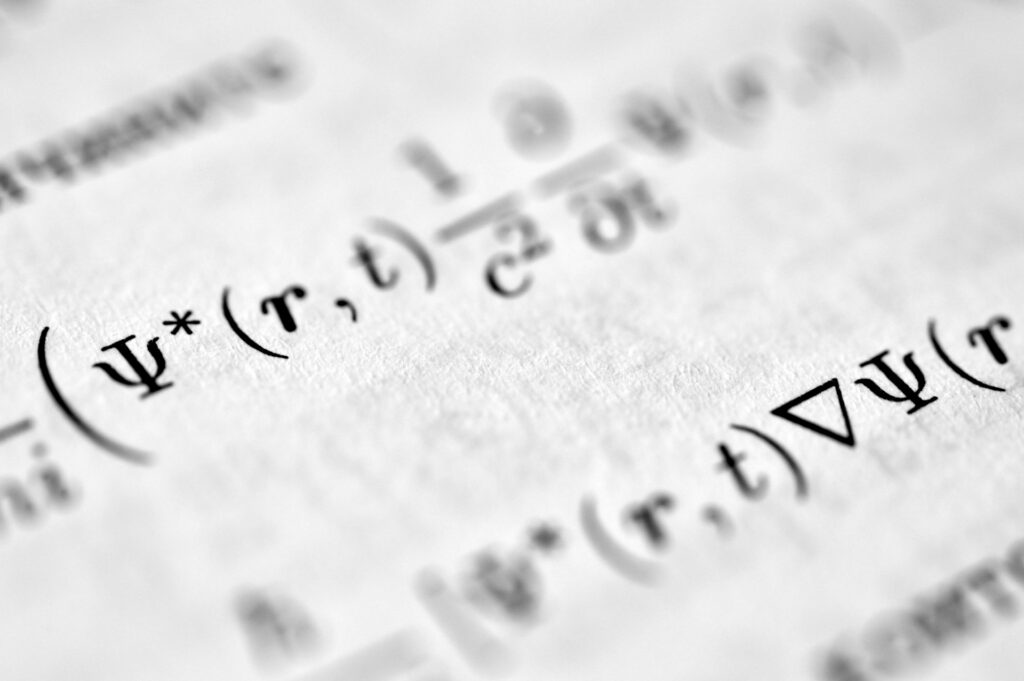How Quantum Computing Will Change Cybersecurity

How Quantum Computing Will Change Cybersecurity
In the past, quantum computing seemed to be a topic that was exclusively discussed by researchers working in laboratories. However, in the present day, it is transitioning from theory to reality, and it is already beginning to revolutionize the way that we think about everything from medical to personal finance. The domain of cybersecurity is going to be one of the areas that will be most significantly affected by it.
For decades, we have been working to construct digital defenses that are based on mathematics that traditional computers have a difficult time solving. The laws that govern the operation of quantum computers, on the other hand, are completely different. They have an incredible amount of power and have the potential to one day breach a significant number of the security barriers that we depend on today.
This raises the question: what does this imply for the future of cybersecurity?
The Predicament: Quantum vs the Encryption Used Today
At the moment, the majority of internet security depends on intricate mathematical problems that are difficult to decipher. This includes banking applications, emails, and encrypted messaging. The RSA encryption algorithm is one of the most widely used examples. To do this, it makes use of very huge numbers that are simple to multiply but are extremely difficult, if not impossible, to factor back into primes with present-day computers. In contrast, quantum computers do not adhere to the same set of guidelines.
With the use of a specific algorithm known as Shor’s Algorithm, a strong quantum computer would be able to factor such large numbers considerably more quickly than a conventional computer. As a result, encryption that seems to be impregnable at the present time may become fully susceptible to attack if quantum technology reaches its full maturity.
Despite the fact that this is not a crisis situation for tomorrow, it is not too far off either. Some industry professionals are of the opinion that over the next ten to twenty years, quantum computers might become powerful enough to break encryption standards that are routinely used.
Post-Quantum Cryptography is the Answer to the Problem
A technique known as post-quantum cryptography is currently being developed by professionals in the field of cybersecurity. The new encryption algorithms are meant to withstand assaults from quantum computers. These methods are supposed to be resistant to attacks. It is not factoring or discrete logarithms that they depend on; rather, they exploit mathematical issues that are challenging for both conventional and quantum systems.
These new algorithms are now being finalized and recommended by organizations such as the National Institute of Standards and Technology (NIST), which is located in the United States. When they are ready, industries will need to start transitioning toward them; ideally, this should happen before quantum computers achieve their full potential. In certain circles, this shift is referred to as “crypto-agility,” which refers to the capability of a system to rapidly switch to different kinds of encryption whenever it is required to do so.
What Should Be Made Different?
The most difficult obstacle is not only the development of safe algorithms; rather, it is the upgrading of everything.
Consider all of the digital systems that are now using encryption, such as websites, messaging applications, payment gateways, cloud platforms, government databases, and even smart gadgets in your own house. It will take some time, careful planning, and coordinated efforts on a worldwide scale to transition all of these to post-quantum encryption.
Additionally, there is an issue with the phrase “harvest now, decrypt later.” As of right now, it is possible that some hackers are already stealing encrypted data with the purpose of decrypting it in the future, after quantum computers have reached a level of strength that is sufficient. This is the reason why moving toward post-quantum security is not only a chore for the future; rather, it is a priority for the current day.
More Than Just Encryption: The Quantum-Safe Approach
Quantum computing will have an impact on more than simply the way we secure data. It also paves the way for the development of new tools for the protection of systems, such as:
- Quantum key distribution, often known as QKD, is a method that makes use of the physical principles in order to safely distribute encryption keys.
- In comparison to software-based random number generators, quantum random number generators are more dependent on chance.
- Utilizing quantum-enhanced sensors, new methods of detecting and preventing assaults have been developed.
- Quantum, despite the fact that it presents threats, also presents us with powerful new solutions—provided that we are prepared to employ them in a prudent manner.




